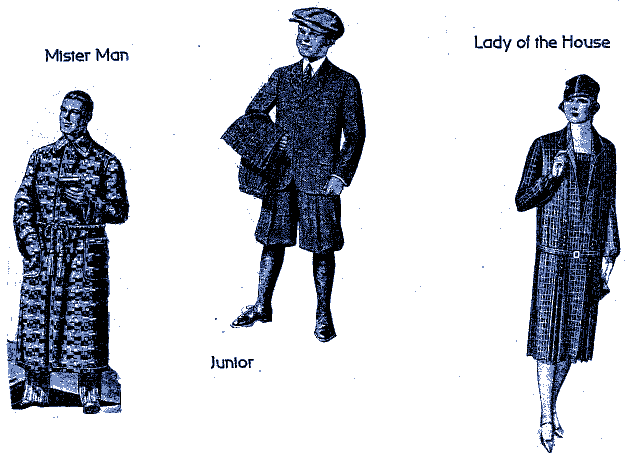EDITORIAL: DROPPINGS FROM PIGASUS

One of our most egregiously distinguished staff writers is Saxo Grammaticus, D. Littl, Phil. Rup., Oxonsis. He has volunteered to serve as language umpire for JPT and to send us his ruminations on a regular basis. Overwhelmed by this honor, we decided to run his first excogitations as our maiden editorial. The welfare of the language is a prime concern for the Association for the Furtherment of Provincial Thought, and we believe Professor Emeritus Grammaticus’s keen insights will see our sorely beleaguered culture through this new millennium of Pyrrhonism. Let grammar flourish and syntax thrive!
1. DON’T get confused between “militate” and “mitigate.” Militate takes the helper “against” while mitigate stands alone, and they mean different things. Militate means “moves against” “or weighs against,” while mitigate means “relieves” or “alleviates.” One might say, “The omnipresence of Homeland Security goons militates against feeling comfortable while traveling by airplane.” As opposed to a sentence like, “Restoring fundamental ancient rights like habeas corpus may help mitigate the evil oppression of Republikan rule.” If you do not grasp the difference between these words, you must forthwith stop using the language forever, you phool!
2. DON’T ever say “begs the question” when you mean “raises the question” or “poses the question” or any other such notion. “Begging the question” is a highly technical term from the old high rhetoric, known in Latin as a form of petitio principii, and it means something like “Assumes that a key term or idea is defined and accepted, without proof or demonstration.” It is related to circular reasoning, and in classic debating it is a highly technical criticism used with the same force as ad hominem (and other such terms) to indicate fallacies committed in argument, and it has nothing to do with your tiny ideas!
3. DON’T succumb to the sickly doctrine of Political Correctness to the point of abandoning principles of noun-pronoun-verb agreement in number, so as to avoid using the noxious pronoun “he,” as in “A person should be careful what they say.” There is no such thing as sexism in language, anymore than there is any such actual, identifiable, definable category as deconstructionism, post-modernism, feminism, racism, classism, lookism or any of the nutty words invented by the inmates of this mental institution. That goes for abstract ideas like “the war on terror” or “national security,” too. Use words that point to things (res in verba), not to private hallucinations.
4. DON’T forget that English has a simple and perfectly useful way of showing possession by means of that little squiggle called the apostrophe ('). The rule is simple and childlike in its clarity: singular terms take apostrophe-S (“John’s book”) and plurals take S-apostrophe (“The Smiths’ car”). The only confusing exception is the teeny word “it.” Because we also use the apostrophe to indicate elision for contraction, we must say “it is” = “it’s” so the possessive here becomes “its” without the possessive apostrophe: compare “The car lost its wheel.” and “It’s a beautiful day.” Simple, no? You can do this if you really try.
____________________________________________________
Wow. Man. Dannng. That's like, laying it on the line there, professor. How 'bout a smashing round of applause for Professor Grammaticus, ladies and gentlemen! That monkey can mamba, can't he? That's no ding-dong daddy, there. How many you phoolz knew what the crikes he was saying? Of course I did, as I have many of the same excogitations as he does, save that I tend to bottle them up inside. Not old Saxo, boy. Secksi Sacksi was riiite-2-niiite. Wooooooo-hoooo! WOOOOOOOOOOOOO! And now a word from our sponsor, ladies and gentlemen.
![]()


![]() Copyright 2007 All Rights Reserved
Copyright 2007 All Rights Reserved

| jptArchives |
